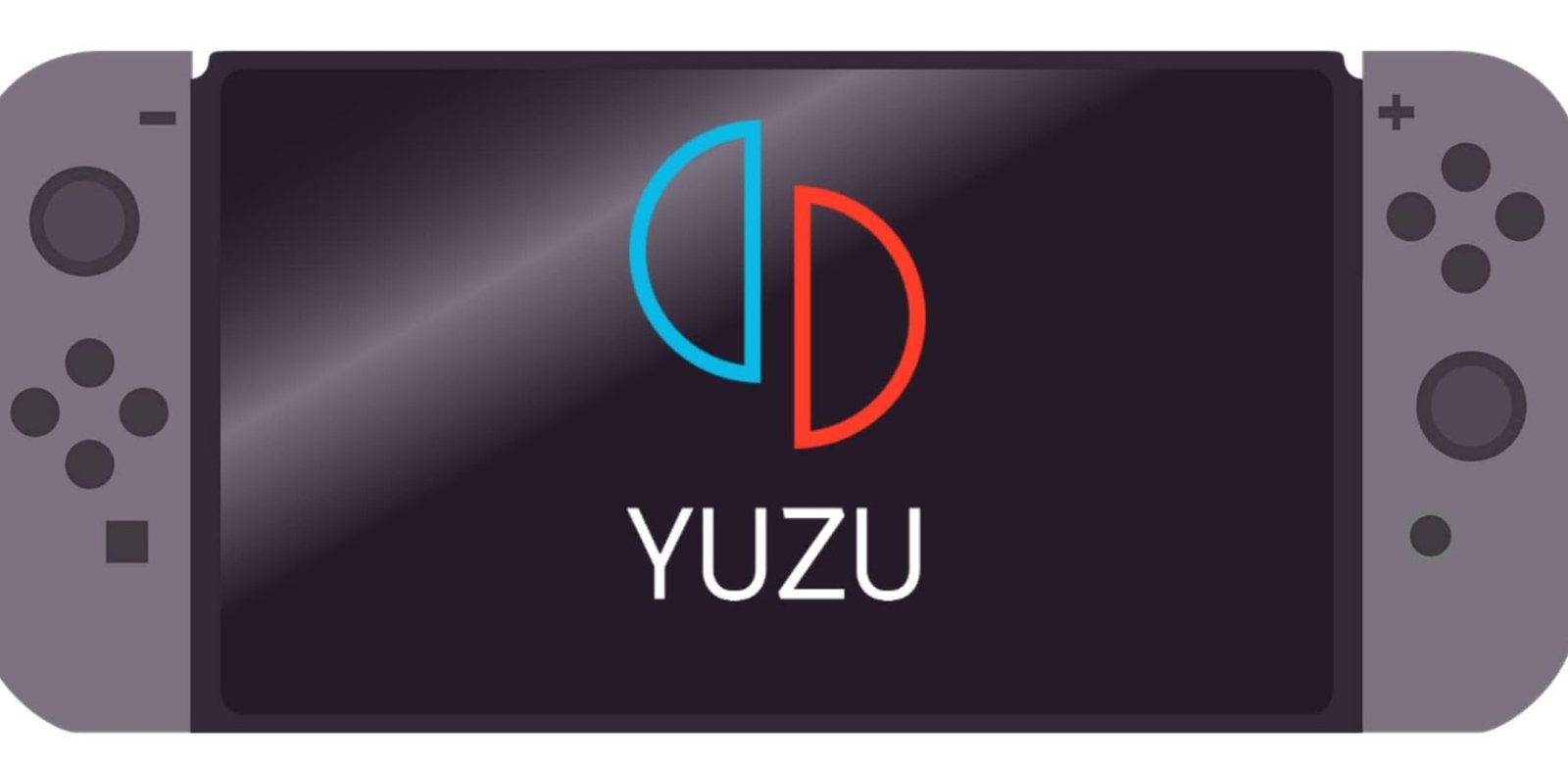Nintendo, the Japanese video game giant, has filed a lawsuit against the creators of Yuzu, a popular emulator that allows users to play Switch games on their PCs. The lawsuit accuses Yuzu of violating Nintendo’s intellectual property rights and facilitating piracy at a colossal scale.
What is Yuzu and why is Nintendo suing it?
Yuzu is an open-source emulator that was launched in 2018 by a group of developers known as Tropic Haze LLC. The emulator enables users to run Switch games on their computers, without the need for the original console or cartridges. Yuzu claims to be a “work in progress” that aims to provide “a better gaming experience” for Switch fans.
However, Nintendo argues that Yuzu is infringing on its software encryption and copy protection measures, which are designed to prevent unauthorized access and distribution of its games. Nintendo alleges that Yuzu obtained and copied Switch games from a hacked console, and made them available for download on its website and Patreon page. Nintendo also cites the example of The Legend of Zelda: Tears of the Kingdom, which was downloaded over one million times before its official release, resulting in significant losses for Nintendo.

Nintendo is seeking to shut down Yuzu and its related services, and to obtain monetary damages and legal fees from the defendants. Nintendo states that it has always been committed to protecting its intellectual property and preventing piracy, which harms the gaming industry and its consumers.
How does Yuzu work and what are the legal implications?
Yuzu works by using a set of encryption keys, known as “prod.keys”, that are extracted from a legitimate Switch console. These keys are used to decrypt and run the Switch game files, which are usually encrypted and inaccessible. Yuzu users need to provide their own prod.keys and game files, which are not included in the emulator itself.
However, Nintendo claims that this process violates the Digital Millennium Copyright Act (DMCA), which prohibits the circumvention of technological measures that control access to copyrighted works. Nintendo also claims that Yuzu’s website and Patreon page provide instructions and links on how to obtain the prod.keys and game files illegally.
The legal status of emulation is a complex and controversial issue, as it involves the balance between the rights of the creators and the rights of the users. Emulation can be seen as a form of reverse engineering, which is generally allowed for interoperability and compatibility purposes. However, emulation can also be seen as a form of piracy, which is illegal and unethical.
The outcome of Nintendo’s lawsuit against Yuzu could have a significant impact on the future of emulation and the gaming industry. It could also affect the rights and expectations of gamers, who may want to enjoy their favorite games on different platforms and devices.
What are the reactions and opinions of the gaming community?
The gaming community has expressed mixed reactions and opinions on Nintendo’s lawsuit against Yuzu. Some gamers support Nintendo’s actions, arguing that Yuzu is harming Nintendo’s sales and reputation, and that emulation is unfair and disrespectful to the developers and publishers. They also point out that Nintendo offers a legal and official way to play Switch games on other devices, such as the Nintendo Switch Online service and the upcoming Steam Deck.
Other gamers criticize Nintendo’s actions, arguing that Yuzu is providing a valuable and innovative service for Switch fans, and that emulation is a form of preservation and enhancement of gaming culture. They also point out that Nintendo’s games are often expensive and hard to find, and that emulation allows them to access and enjoy games that are otherwise unavailable or incompatible with their devices.
The debate over emulation and piracy is likely to continue, as both sides have valid arguments and concerns. However, the ultimate decision will depend on the court’s interpretation and application of the law, and the evidence and arguments presented by both parties.









